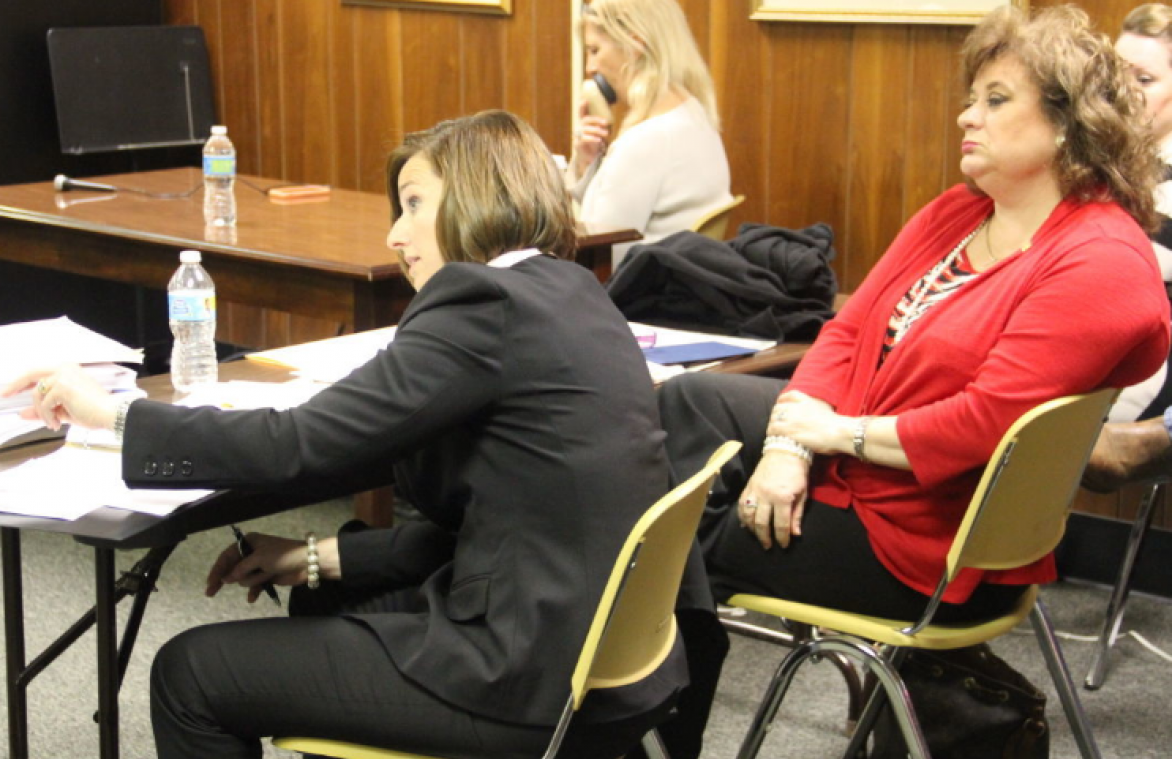Can a public school teacher be disciplined for an off-duty Facebook post about a political or social movement not connected to her employment? That is a key question in Tucker v. Atwater, the case of Kelly Tucker, a middle school teacher from Tift County, Georgia, who received a five-day suspension and mandatory diversity training after she posted controversial comments on Facebook, including:
It’s turned into a race matter. … I think the signs should read. TAKE THE HOOD OFF YOUR HEAD, AND PULL UP YOUR DANG PANTS, AND QUIT IMPREGNATING EVERYBODY. I’m tired of paying for these sorry … thugs. …
Apparently, the post went viral and some people contacted a school board member and other officials. Patrick Atwater, Jr., Tift County public school superintendent, told Tucker that her comments were offensive to many of her African-American colleagues, students, and parents. He also told her she showed a lack of “professional judgment.”
Tucker sued in court. Atwater and another school official defendant filed a motion to dismiss and sought qualified immunity. A trial court denied that motion. However, the Georgia Court of Appeals reversed and granted qualified immunity to the school officials. “Here, there was evidence … that Tucker’s post interfered with the operation of the middle school where she taught,” the appeals court. This was enough for the appeals court to grant the defendants qualified immunity.
Tucker then appealed to the Georgia Supreme Court, which declined to review the decision. However, Justice Nels Peterson wrote a separate concurring opinion, questioning the First Amendment ramifications of the case. Two other justices signed on to his opinion.
Peterson questioned whether the school officials had the authority to discipline Tucker for a purely private Facebook post. The lower court had assumed that the proper framework to evaluate Tucker’s case would be from the U.S. Supreme Court’s decision in Pickering v. Board of Education (1968).
Under Pickering, as I explain a piece for the Freedom Forum Institute, a court balances the right of a public employee to speak on a matter of public concern against the public employer’s right to an efficient, disruptive free workplace.
If one applies Pickering, it is clear that Tucker spoke on a matter of public concern. Public protests and the Black Lives Matter movement are a matter of significant social and political weight. However, if the post goes viral and leads to a deluge of complaints, the employer may have a good case under the Pickering balancing test.
But, does Pickering even apply? That is a good question, because Kelly Tucker did not engage in speech as a public employee. Her speech was that of a private citizen. Justice Peterson suggests that the more analogous precedent might be United States v. National Treasury Employees Union (1995), a case in which the Supreme Court invalidated a law prohibiting federal employees from receiving honoraria.
There is something troubling about public employees being disciplined for purely off-duty posts. It is a phenomenon that is happening with increasing frequency. For now, public employees are well advised to think twice before posting inflammatory content online – even if purely off-duty and private.
David L. Hudson, Jr. is a First Amendment attorney and author who has written, co-written, or co-edited more than 40 books, including First Amendment: Freedom of Speech (Thomson Reuters, 2012) and Documents Decoded: Freedom of Speech (ABC-CLIO, 2017).

